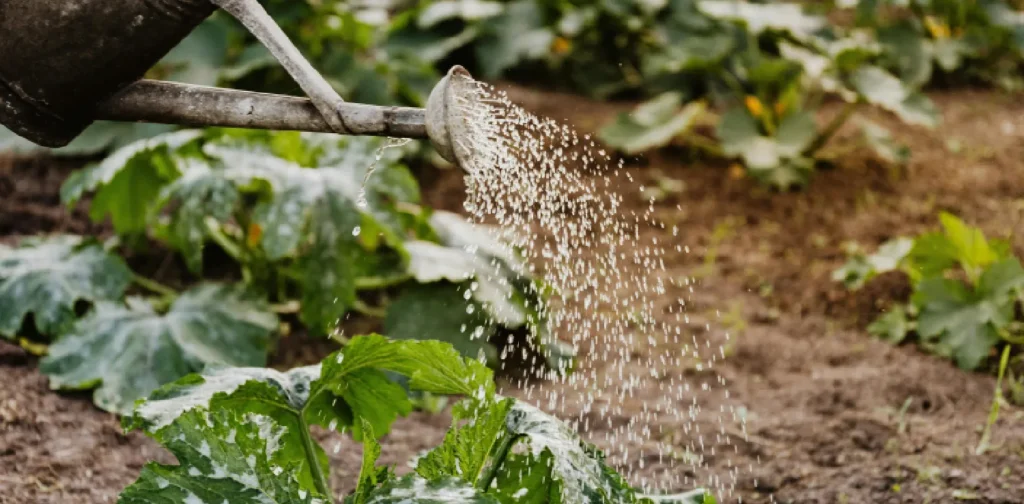Exploring the Potential of Human Urine as a Fertilizer

Kaboompics.com on Pexels
Agriculture is the root of most of the world’s food sources and many other sectors’ raw ingredients. At the same time, many agricultural practices, such as the excessive use of chemical fertilizers, harm the planet by contributing to greenhouse gas emissions and environmental degradation. In the search for sustainable agricultural practices amid the growing challenges of food security and resource conservation, the use of human urine as a fertilizer is gaining attention.
Nutrient-Rich and Abundant
Urine is a natural byproduct of the human body. It contains high levels of essential nutrients like nitrogen, phosphorus, and potassium—key components in crop growth. In this light, researchers are exploring the use of human urine as a fertilizer for a more sustainable farming.
Human urine, when used responsibly and processed appropriately, offers a solution that reduces dependence on synthetic fertilizers and mitigates environmental pollution. Furthermore, it also presents the opportunity to close the nutrient loop by recycling the nutrients in human waste back into the soil.
Using human urine as a fertilizer could also reduce the burden of waste management in water and sanitation. Additionally, urine is abundant and free, making it a highly accessible resource for both smallholder farmers and large-scale agricultural operations.
Safely Harnessing Human Urine as a Fertilizer
Research conducted by the Food and Agriculture Organization (FAO) highlights how urine-based fertilizers can benefit crops without posing significant risks to human health or the environment when treated properly. The FAO’s studies emphasize the importance of adequate sanitation measures in urine collection, storage, and application. In particular, the use of urine as a fertilizer must follow specific protocols to avoid potential contamination and ensure that its high nutrient content is safely utilized for crop growth.
Meanwhile, several studies have shown promising results on the use of urine as a fertilizer. A study by the University of Birmingham revealed that urine, when diluted and applied to crops like maize, provided a rich nutrient base that supports growth while improving soil health. Moreover, the environmental benefits were profound, as it helped lower the carbon footprint of farming operations. Another study concluded that a cabbage crop grown with urine as a fertilizer had higher yields compared to crops fertilized with synthetic options.
A real-world example occurs in Ukraine, where the war has worsened food insecurity. FairPlanet reports that in countries like Ukraine, where conventional chemical fertilizers are increasingly scarce, urine-based fertilizers could be a viable solution to ensuring food production continues even in times of crisis.
Overcoming Challenges
Despite its potential, there are challenges that need to be addressed before urine can be widely adopted as a fertilizer. Public perceptions of urine use remain a barrier, as does the need for adequate sanitation and safe handling procedures.
Therefore, proper dissemination of knowledge and information to all agricultural stakeholders, including small-holder farmers and consumers, is required. In the meantime, academia, governments, and the private sector should support further research into the safe use of human urine as a fertilizer. As the world moves towards more sustainable and circular agricultural practices, exploring more effective, low-cost, and eco-friendly alternatives is essential for both the environment and the food security of people worldwide.

Co-create positive impact for people and the planet.
Amidst today’s increasingly complex global challenges, equipping yourself, team, and communities with interdisciplinary and cross-sectoral insights on sustainability-related issues and sustainable development is no longer optional — it is a strategic necessity to stay ahead and stay relevant.


 Indian Gig Workers Push Back Against 10-Minute Delivery Service Strain
Indian Gig Workers Push Back Against 10-Minute Delivery Service Strain  Call for Governance: Grassroots Initiatives Look to Scale Efforts to Conserve Depleting Groundwater
Call for Governance: Grassroots Initiatives Look to Scale Efforts to Conserve Depleting Groundwater  Integrating Environment, Climate Change, and Sustainability Issues into Education Systems
Integrating Environment, Climate Change, and Sustainability Issues into Education Systems  Finally Enforced: Understanding the UN High Seas Treaty
Finally Enforced: Understanding the UN High Seas Treaty  Risks and Opportunities of Submarine Communication Cables for Sustainable Development
Risks and Opportunities of Submarine Communication Cables for Sustainable Development  Rising Attacks and Violence Against Land and Environmental Defenders
Rising Attacks and Violence Against Land and Environmental Defenders